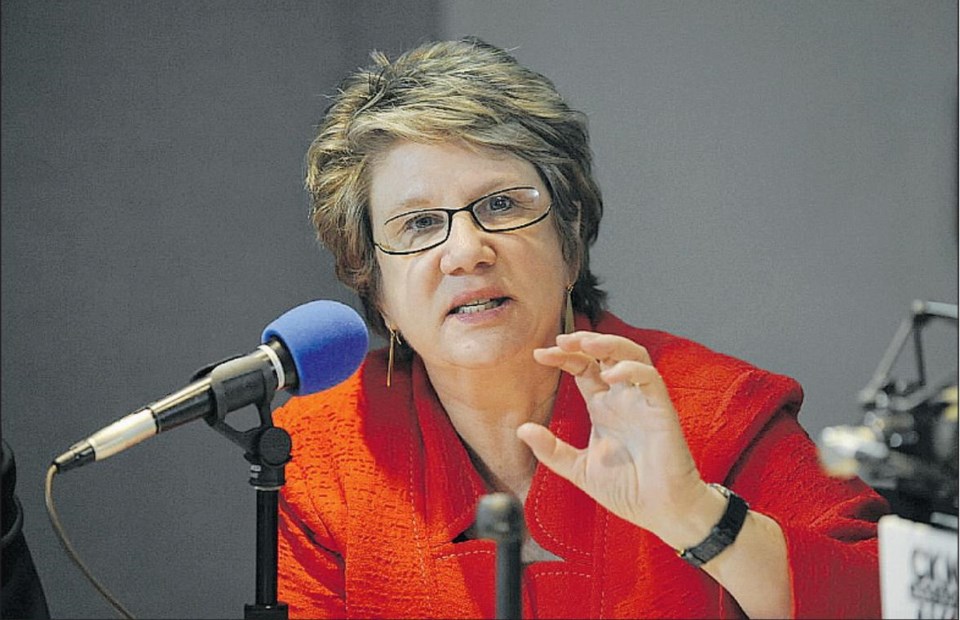The B.C. government plans to drastically reduce the average amount of money it spends on adults with developmental disabilities over the next three years, budget documents show.
Adults with fetal alcohol disorder and autism who receive service under the personal supports initiative will see the biggest decline. Documents show the average cost per client in that program dropping from $24,000 to $16,000 this year alone — a 33 per cent decline.
In two years time, the average cost per client in the program will be less than half what it is today, the documents show.
At the same time, the program’s caseload is expected to more than double from 424 to 945.
Clients in residential and day programs are also expected to receive less on average as the programs serve ever more people.
The budget documents offer no explanation for how the government expects to achieve such cost savings.
But Social Development Minister Moira Stilwell suggested Wednesday that the goals are flexible.
“There is no tick box or checklist or drive to lower costs,” she said. “What we’re trying to do is be as innovative and client-centred as we can be.”
But she said the government is one year into an 18-month plan to fix Community Living B.C. and soon will be better able to project client demands and costs.
“Until that time, ongoing CLBC services … will likely exceed the allocation and we will monitor and respond to it and our commitment is to backstop that,” she said.
Inclusion B.C., which advocates for people with developmental disabilities, is skeptical.
Executive director Faith Bodnar said the budget figures raise alarming questions about how the government expects to achieve its goals.
“We know that all the other costs of providing service are going up, why would the cost per individual client go down?” she said.
“For me, it doesn’t make sense and I know that our members are feeling that they are being basically bled dry.”
In addition, people with developmental disabilities are living longer and, like many seniors, developing more complex needs. Bodnar said it would appear “contradictory” that they can receive the same care for less money.
“For me, those numbers just bring up so many significant questions about the budgeting process,” she said.
Opposition leader Adrian Dix raised the issue in question period Wednesday, accusing the government of balancing its budget on the backs of the most vulnerable.
“This is a pretend budget, where adults with developmental disabilities will pay the price,” he said in an interview. “They’re not showing any way [to reduce costs.] They’re just saying, ‘We’re going to give each client less.’ ”



